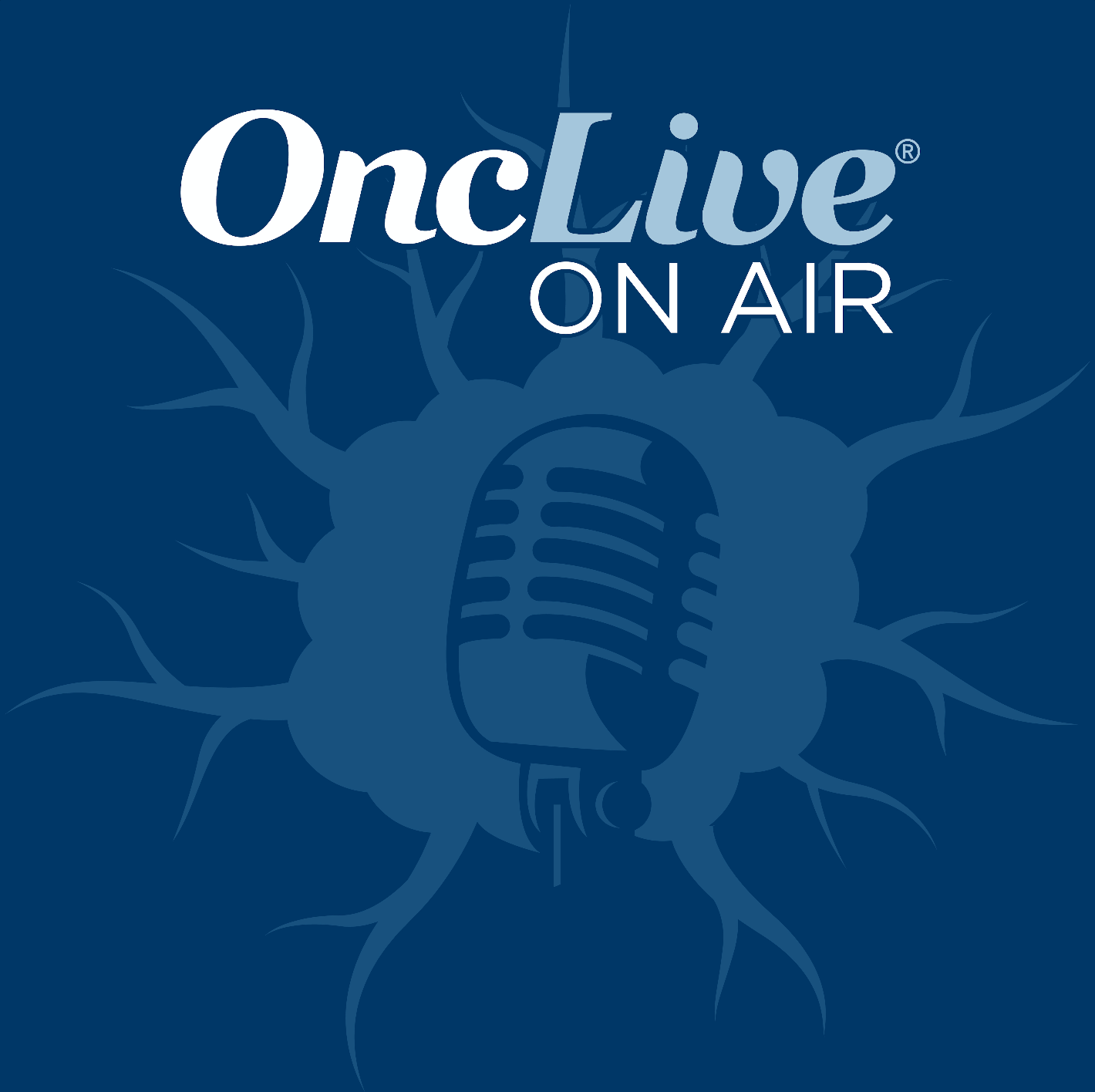Article
EMA Committee Advises Against Approval of Omburtamab for Neuroblastoma
Author(s):
The European Committee for Medicinal Products for Human Use has announced that it does not support the marketing authorization of omburtamab for the treatment of patients with central nervous system/leptomeningeal metastasis from neuroblastoma.

The European Committee for Medicinal Products for Human Use (CHMP) has announced that it does not support the marketing authorization of omburtamab for the treatment of patients with central nervous system (CNS)/leptomeningeal metastasis from neuroblastoma.1
“This recommendation by the CHMP is disappointing given the significant unmet medical need, which exists for patients with CNS/LM neuroblastoma who have no approved therapies available. CHMP considered that it was not possible to conclude on the effectiveness of omburtamab as the main study did not have a randomized comparator,” Thomas Gad, founder, president and interim chief executive officer, stated in a press release. “The company does not believe it is feasible to conduct a randomized study in a life-threatening disease where no other approved therapy is available to these children. Our focus is now on assessing the implications of the negative opinion and our plans for the omburtamab program.”
The decision follows that of the FDA’s Oncologic Drugs Advisory Committee on October 31, 2022, which voted 16 to 0 that insufficient evidence was presented regarding the survival benefit of omburtamab for patients with CNS/leptomeningeal metastases from neuroblastoma.2 The basis for the decision was made following a review of findings from the phase 2 101 (NCT03275402) and 03-133 (NCT00089245) trials, as well as the historical control group.
In advance of the ODAC meeting, the FDA had expressed concern regarding the survival benefit of omburtamab.3 Key concerns included the following:
- The external control population is not fit-for-purpose as a comparator for the overall survival (OS) benefit of omburtamab due to substantive differences between the study and control populations.
- Additional analyses performed by the FDA to examine bias showed that differences in OS cannot be reliably attributed to omburtamab.
- The BLA does not include reliable data on response rates to provide supportive evidence for treatment with omburtamab.
Earlier data from the 03-133 trial, which served as the basis for the agent’s FDA breakthrough therapy designation in July 2017,4 showed that the median overall survival (OS) was 50.8 months among 107 patients with CNS/leptomeningeal metastases from neuroblastoma who received up to 2 doses of omburtamab.5 Moreover, interim results from the 101 study showed that the 12-month OS rate was 87% among 17 patients.6
References
- The CHMP has adopted a negative opinion for omburtamab for the treatment of CNS/LM metastasis from neuroblastoma in Europe. News release. Y-mAbs Therapeutics, Inc. December 16, 2022. Accessed January 3, 2023. https://bit.ly/3WWf5Du
- Y-mAbs announces outcome of FDA Advisory Committee Meeting on omburtamab. News release. Y-mAbs Therapeutics, Inc. October 28, 2022. Accessed January 3, 2023. https://bit.ly/3SRZ8fk
- FDA. October 28, 2022 meeting of the Oncologic Drugs Advisory Committee. October 28, 2022. Accessed January 3, 2023. https://bit.ly/3W7gurg
- Burtomab receives breakthrough therapy designation for advanced form of pediatric cancer. News release. June 7, 2017. Accessed January 3, 2023. https://bwnews.pr/2NJPf49
- Y-mAbs announces positive omburtamab clinical data. News release. Y-mAbs Therapeutics, Inc. October 28, 2019. Accessed January 3, 2023. https://bit.ly/2YKpw1W
- Y-mAbs announces update on naxitamab and omburtamab in neuroblastoma. News release. Y-mAbs Therapeutics, Inc. October 16, 2020. Accessed January 3, 2023. https://bit.ly/3uJwfbi






%20(2)%201-Recovered-Recovered-Recovered-Recovered-Recovered.jpg?fit=crop&auto=format)

%20(2)%201-Recovered-Recovered-Recovered-Recovered-Recovered.jpg?fit=crop&auto=format)
%20(2)%201-Recovered-Recovered-Recovered-Recovered-Recovered.jpg?fit=crop&auto=format)